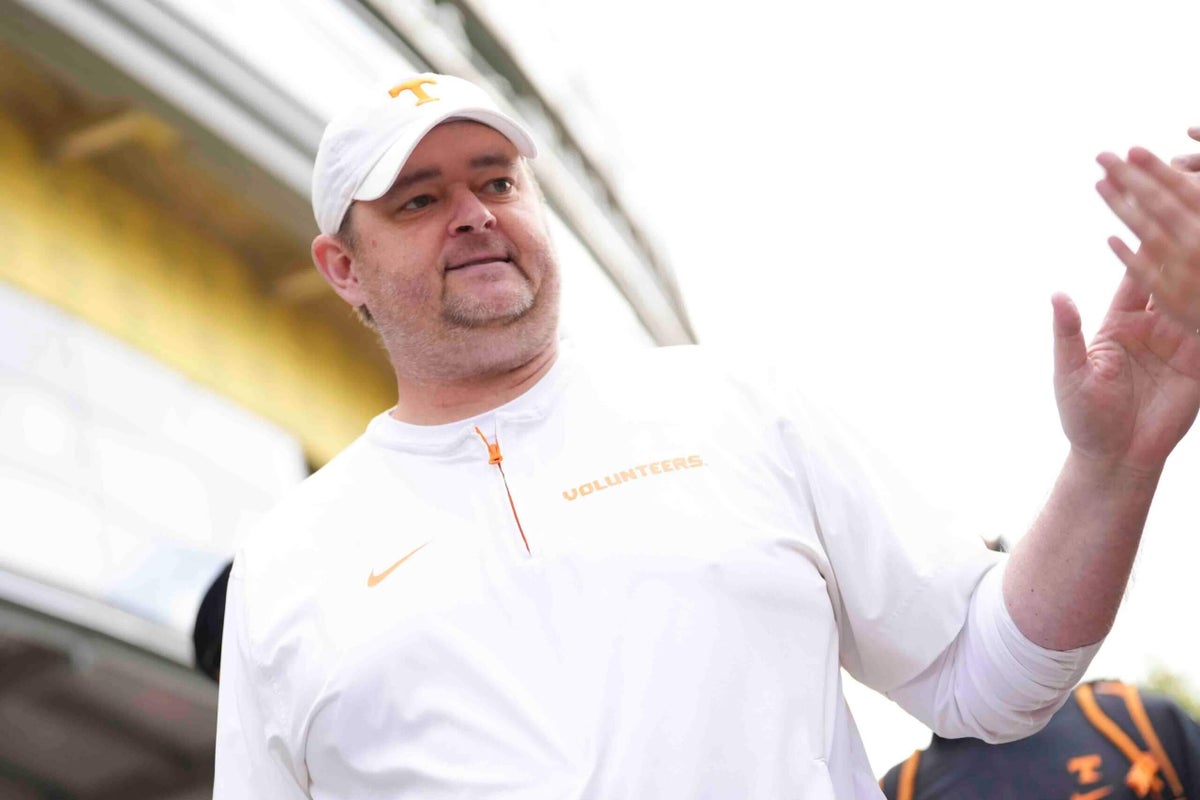

Nico Iamaleava’s name will go down in college football history as one that created a turning point for players in multiple ways.
Which part fans remember might depend on how the rest of his football career plays out. As Iamaleava prepares to enter the transfer portal amid a sudden public breakup with Tennessee about name, image and likeness re-negotiations, this first-of-its-kind NFL-style holdout situation was possible only because of what had come before it.
Advertisement
Iamaleava once again has brought college football a lot closer to … whatever its future will be. His NIL deal going public before enrolling at Tennessee and the legal defense of it led to more money for players. Iamaleava gave a lot more leverage to the players by knowing his value.
But his public breakup with Tennessee has given some leverage back to the schools. Had Tennessee and its collective blinked, more stars elsewhere might’ve started public holdouts. Instead, Vols fans have backed coach Josh Heupel, and players probably know the public won’t be on their side.
Josh Heupel was the first person off the team buses. Got a massive cheer from the fans.
— David Ubben (@davidubben) April 12, 2025
It started in 2022, when The Athletic first reported an $8 million multi-year contract for a football recruit who later became known to be Iamaleava. It was one of the first sets of public NIL numbers, a jaw-dropping sum for someone who hadn’t played a down of college football. When the NCAA eventually began looking into it, the state of Tennessee’s attorney general sued the organization last year, leading to an injunction and settlement that allows collectives and boosters to negotiate NIL before players enroll.
Both of those situations almost certainly led to millions of dollars more going to players. The public contract leak in 2022 reset the market for active players and recruits. The AG’s lawsuit opened the door to more direct NIL conversations with recruits. That is part of Iamaleava’s legacy.
But so is how it all appears to have ended in Knoxville.
The first thing to know in any negotiation is your leverage, and Iamaleava’s team appears to have overplayed its hand this time. He has been a good quarterback at UT, taking the Vols to the College Football Playoff last year, but he has not been a great quarterback. Eleven of his 19 touchdown passes last season came against Chattanooga, UTEP and Vanderbilt. He had three more years of eligibility and plenty of time to improve. Enough to increase his pay from $2.2 million next year to $4 million, as people briefed on the situation told The Athletic? It would appear not, at least not from Tennessee’s perspective.
Advertisement
When it all leaked, first at On3, and he skipped practice, Iamaleava was simply not good enough yet to have the Vols public in his corner.
That’s where leverage has swung back to the schools. Star players renegotiate their NIL deals all the time. Some stay, and some leave. But it doesn’t usually come out until it’s over. This leaked before spring practice ended, creating what essentially became a brief public holdout and a chance for Tennessee to look firm.
Not many college players would be able to hold out publicly, keep the fans on their side and have enough leverage. Ohio State wide receiver Jeremiah Smith might be one, as a potentially generational prospect. Florida quarterback DJ Lagway might be another, given his upside and the pressure on his coach. But the list is not long.
“I’m not as familiar with the situation, but if you started holding out, you just wouldn’t be on the team anymore,” SMU coach Rhett Lashlee told reporters after a practice on Friday. “We’re not doing that. You’re either on the team or you’re not.”
NFL holdouts with star players happen all the time, and fans support the players if they’re good enough. Cincinnati Bengals fans wanted the team to give star wide receiver J’Marr Chase his bag, even though the NFL has a salary cap.
Most college football fans don’t have that cultural mindset yet. Many fans, like coaches, say they’re happy players are finally getting paid. But the mood wobbles a bit when that money gets into the millions or players leave to take more money elsewhere.
Iamaleava was already one of the highest-paid players on his team, if not the highest. His initial $8 million deal was cheered by Vols fans. So was the AG’s attack on the NCAA for him. Let Tennessee’s collective spend what it wants! But as soon as it wasn’t enough for Iamaleava, fans turned.
Advertisement
That is why the whole idea of calling this “NIL” remains farcical. The millions and millions spent on players for NIL come from fans who want victories, rather than some advertising or charity work.
College football is a transient sport with players spending a short time on campus. Fans still root for the team more than a player. It’s why the NCAA was able to keep up amateurism for so long. It’s why the unionization of players is hard. Fans, more often than not, will show up on Saturdays no matter who’s on the field.
That reminder is the message coming out of Iamaleava’s impending divorce from Tennessee.
The story is far from over. Perhaps Iamaleava finds a new home and continues to succeed, for whatever amount of money the market determines he’s worth. Perhaps Tennessee can’t find an adequate replacement internally or in the portal and struggles in 2025. The Vols appear willing to live with the potential consequences, and the fans support it.
Players are worth what someone is willing to pay them. That’s basic business. The player empowerment era of sports was boosted in the college football ranks because Iamaleava and his family knew that. But this breakup is a reminder that it only goes so far.
(Photo of Josh Heupel: Caitie McMekin / USA Today Network via Imagn Images)
This news was originally published on this post .






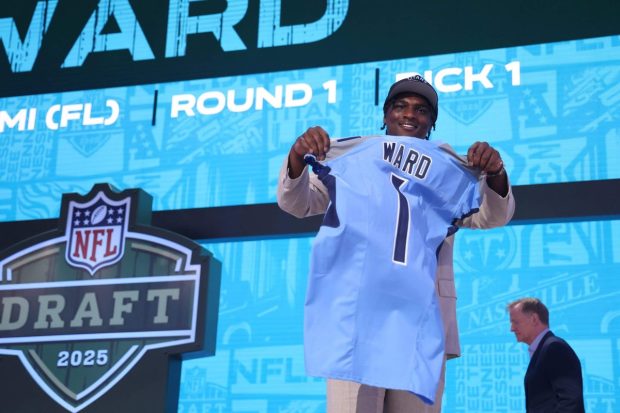
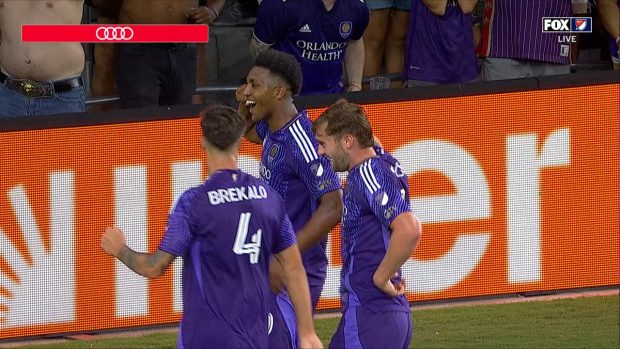
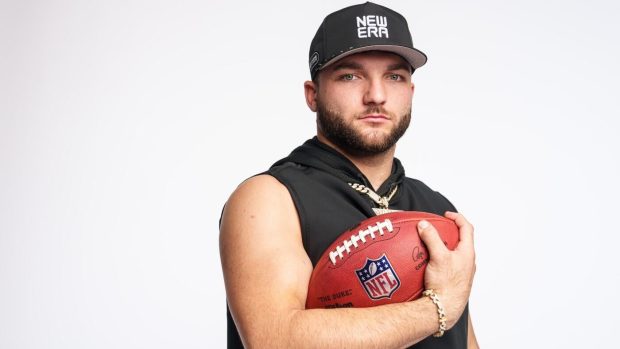
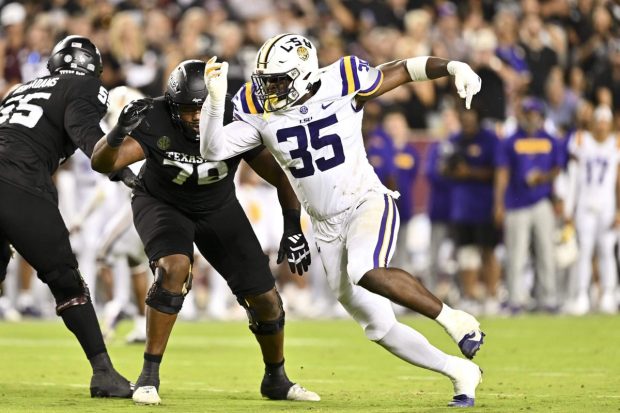
Be the first to leave a comment